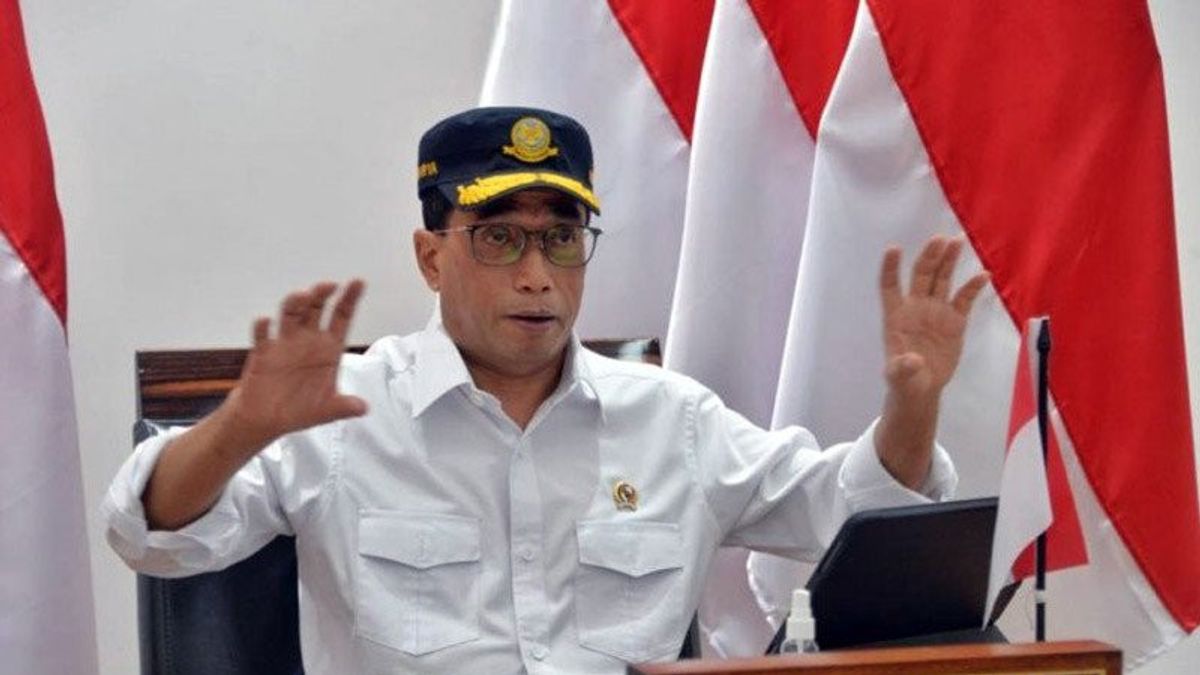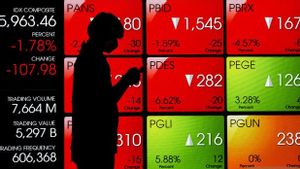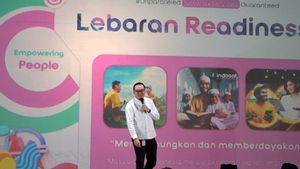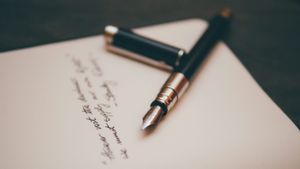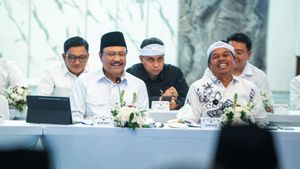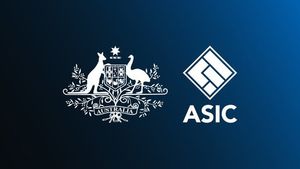Minister of Transportation (Menhub) Budi Karya Sumadi said his party would develop mass transportation for corruption that is environmentally friendly.
This step was taken as an effort to reduce carbon emissions in the transportation sector.
Budi said the transportation sector, especially in urban areas, contributes as a source of pollution and increases carbon emissions.
"Mass transportation is not only useful for reducing congestion, but also reducing pollution and improving the quality of clean air," Budi said in an official statement, Thursday, November 3.
Budi continued, a number of mass transportations were built in urban areas such as MRT, LRT, KRL, Bus Rapid Transit (BRT) and also feeder transportation such as angkot, and so on.
"In fact, we pay special attention to the development of BRT by preparing a buy the service (BTS) scheme, where the government provides subsidies to BRT operators to carry out their operations. Hopefully, with the development of this mass transportation, it will increase public interest in switching from private vehicles to mass transportation," he said.
During the three years the BTS scheme has been running, BRT mass transportation has been operating in 11 cities in Indonesia, namely Medan, Palembang, Yogyakarta, Solo, Denpasar, Bandung, Surabaya, Makassar, Banjarmasin, Banyumas and Bogor, which have served 45 corridors with a total bus fleet of 791 units.
In addition, to realize urban mass transportation that is more environmentally friendly, said Budi, the Ministry of Transportation is also trying to provide electric bus services.
"The electric bus project plot will be carried out in two cities, namely Surabaya and Bandung. God willing, starting next year we will do it," he said.
Then, continued Budi, in the moment of the Indonesian Presidency at this year's G20, 30 units of domestically made red and white electric buses have been prepared to support the mobility of delegates and G20 participants.
In addition, a number of supporting facilities are also provided, such as charging stations, shuttle electric motors and so on.
"So we continue to develop mass transportation, based on electric vehicles, and also domestically made, where currently the level of domestic components (TKDN) has reached 40 percent. Efforts to make a clean, healthy, empowered, and sustainable Indonesia require good synergy and thinking between the government, academics, industry / private players," he said.
The English, Chinese, Japanese, Arabic, and French versions are automatically generated by the AI. So there may still be inaccuracies in translating, please always see Indonesian as our main language. (system supported by DigitalSiber.id)
